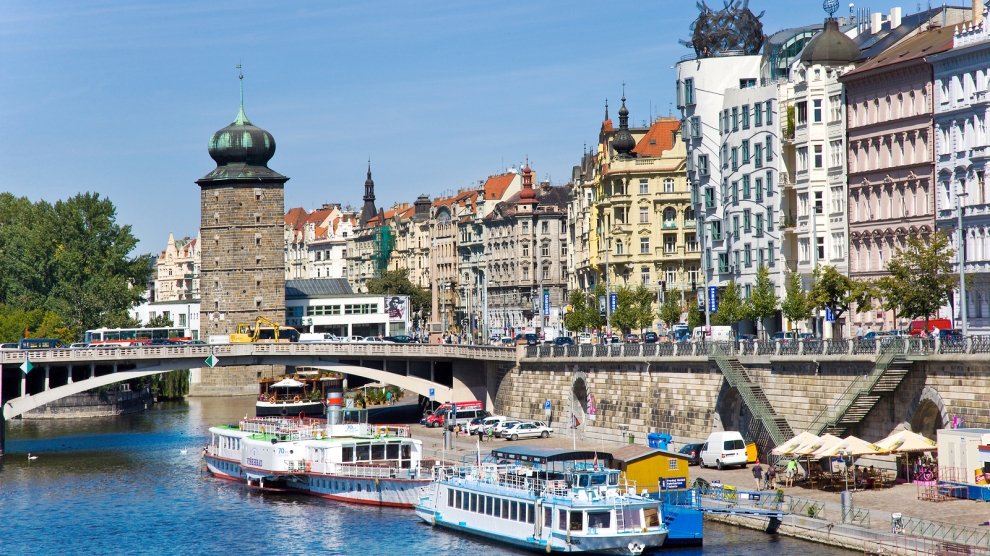Prague, Warsaw and Budapest are the most attractive markets in Central and Eastern Europe for real estate investments according to a new report from PwC, Emerging Trends in Real Estate.
The three cities, ranked 17th (Prague), 21st (Warsaw) and 22nd (Budapest), all rank higher than Brussels, London and Rome.
The report, based on interviews with senior property professionals, finds that Prague is increasingly similar to western European markets. According to interviewees, it is a solid, major market where prices are high and yields are low. Furthermore, Czech economic growth, while forecast to slow somewhat in 2019, is expected to remain comparatively robust at around 2.9 per cent, and the country’s unemployment rate, pegged by Eurostat at 2.4 per cent in June 2018, is among the lowest in the EU.
Warsaw is also now judged to be a major rather than emerging market, and one which may even attract some back-office Brexit outsourcing. Buyer appetite for standing investments is strong, so there is good liquidity for investors willing to undertake development. Political volatility remains an issue and divides opinion but overall investors remain optimist. Meanwhile, in Budapest, office vacancies are low, and competition for assets is starting to compress yields.
External factors are expected to shape the future of the region. An overwhelming 83 per cent of respondents expect divergence in economic growth between the UK and the European Union in 2019. Whether it’s a soft, hard or no-deal Brexit, 70 per cent of Europe’s senior property professionals believe that the UK’s ability to attract international talent will fall. The eurozone is seen as a safer and more fruitful investment destination than the UK, whilst others equate the risk with opportunity.
The report finds that although CEE countries are performing well, numerous challenges remain. The retail sector is the most affected as the continued growth of online retail sales, changes in retail technology and consumer behaviour is reshaping and reducing the number of physical stores for many legacy retailers.
In hospitality, the arrival of Airbnb essentially created millions of square metres of extra supply at the touch of a button, and the rise of online travel agents fractured the traditional relationship between hotel groups and their customers. As a result, travellers for both business and leisure are turning away from traditional hotels and looking for more bespoke experiences. Then, flexible and co-working offices, particularly WeWork, dominate the headlines, and Real Estate firm JLL predicts that this type of space will account for around 30 per cent of corporate office portfolios by 2030 compared with 5 per cent today.

